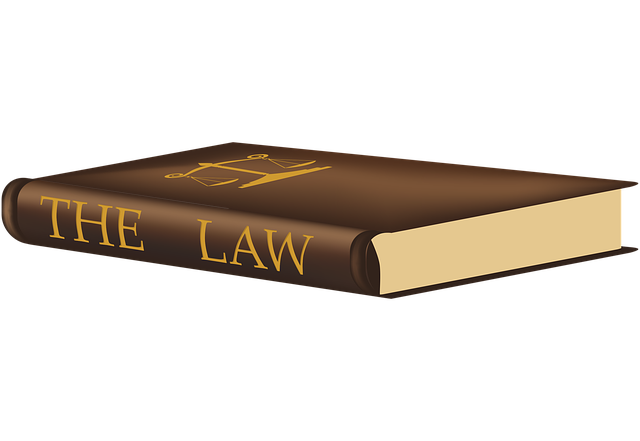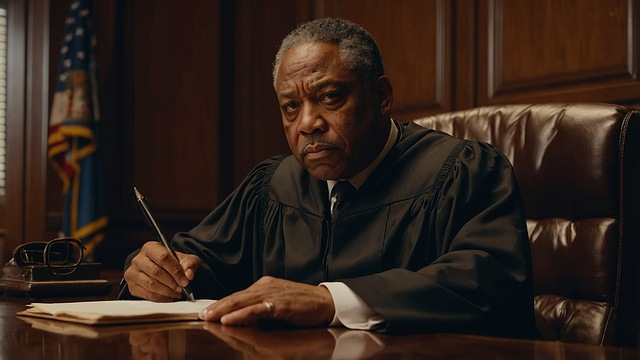Whistleblower Protection Laws in real estate litigation safeguard individuals exposing illegal activities from retaliation, fostering accountability and incentivizing disclosures with protections against adverse actions. The Real Estate Litigation Process Explained navigates complex legal terrain, including contract reviews, financial audits, evidence gathering, and fair deliberation by juries to determine liability. This process, which differs from criminal cases focusing on public interest revelations, involves meticulous documentation by whistleblowers and awards of compensation. Post-suit implications include avoiding indictment, rebuilding careers and reputations, and balancing justice with well-being, especially for those leaving stable positions to expose fraud or unethical practices.
Whistleblower Protection Lawsuits are crucial in combating corporate misconduct, especially within the real estate sector. This comprehensive guide explores the intricate landscape of whistleblower protections, with a specific focus on real estate litigation. We’ll decipher the legal framework behind these lawsuits, detailing the process from filing to post-suit implications. Understanding these steps is essential for folks considering exposing unethical practices, ensuring they’re equipped to navigate this complex yet vital path. This article serves as your map through the real estate litigation process explained.
- Understanding Whistleblower Protection Laws
- The Role of Real Estate in Whistleblower Cases
- Filing a Lawsuit: Process and Requirements
- Post-Suit Implications and Protections for Whistleblowers
Understanding Whistleblower Protection Laws

Whistleblower Protection Laws are designed to safeguard individuals who expose illegal or unethical activities within their organizations from retaliation. These laws are crucial in fostering a culture of accountability, especially in high-stakes cases involving real estate and other sectors. Understanding these protections is essential for anyone navigating the complex landscape of litigation.
In terms of the Real Estate Litigation Process Explained, these laws offer a comprehensive framework that includes all stages of the investigative and enforcement process. They ensure that whistleblowers are protected from dismissal, demotion, or any form of adverse action. This not only incentivizes individuals to come forward with critical information but also guarantees that they can do so without fear of personal harm. Ultimately, these protections aim for a complete dismissal of all charges against the whistleblower if their disclosure leads to significant improvements in organizational governance and compliance.
The Role of Real Estate in Whistleblower Cases

In the context of whistleblower protection lawsuits, real estate plays a unique role due to its intricate web of transactions and regulations. When a whistleblower comes forward with evidence of wrongdoing within a respective business, particularly in the real estate sector, the litigation process becomes a critical component. This process involves a series of steps designed to protect whistleblowers while ensuring fairness for all parties involved.
The Real Estate Litigation Process Explained entails navigating complex legal terrain, including contract reviews, financial audits, and evidence gathering. Whistleblowers must carefully document their concerns and maintain thorough records, which can include emails, contracts, and any other relevant documents. Unlike general criminal defense cases, these lawsuits focus on civil violations and the recovery of damages for public interest revelations. Jury trials are a common outcome, where a group of citizens deliberates on the evidence presented to determine liability and award appropriate compensation.
Filing a Lawsuit: Process and Requirements

When it comes to whistleblower protection lawsuits, understanding the real estate litigation process is paramount. Filing a lawsuit involves several key steps that must be followed meticulously to ensure validity and strength of the case. The first step entails gathering compelling evidence demonstrating the whistleblower’s efforts to expose illegal activities within an organization, typically involving white collar and economic crimes. This includes documentation, records, communications, and any other material that supports the claim.
In terms of requirements, plaintiffs must clearly articulate their allegations in a well-crafted complaint, outlining the specific violations and damages incurred. It’s crucial to comply with legal deadlines set by jurisdiction for filing such lawsuits. A strong general criminal defense strategy involves engaging experienced legal counsel who can navigate complex regulations and laws pertaining to whistleblower protection. Ultimately, the goal is to present a compelling case that leads to winning challenging defense verdicts.
Post-Suit Implications and Protections for Whistleblowers

After successfully navigating the complex real estate litigation process, whistleblowers often face a new set of challenges in post-suit implications. While their courage in exposing wrongdoing is commendable, they must be prepared for potential consequences. Whistleblower protection laws offer some safeguards, but the road ahead can still be fraught with complexities. One significant concern is avoiding indictment or criminal charges; these protections are crucial to ensuring whistleblowers’ safety and encouraging them to come forward.
The implications extend beyond legal repercussions. Whistleblowers may need support in rebuilding their careers and reputations, especially when dealing with general criminal defense strategies employed by the targeted organizations. This process requires a delicate balance between seeking justice and preserving one’s well-being, particularly for those who have left stable positions within corporate or individual client structures to expose fraud or unethical practices.
Whistleblower protection lawsuits play a crucial role in ensuring accountability and promoting ethical conduct within organizations, particularly in the real estate sector. By understanding the nuances of whistleblower protection laws, individuals can navigate the complex process of filing suits, which involves a systematic approach detailed as the real estate litigation process explained. Through this, whistleblowers not only safeguard their rights but also contribute to a more transparent and just environment, making them essential guardians of integrity in today’s business landscape.






